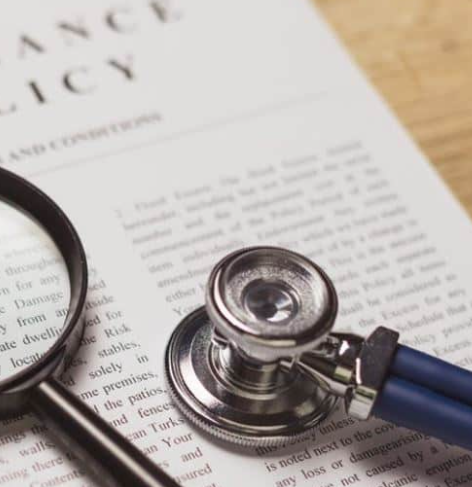As a small business owner, protecting your company against unforeseen risks is essential for long-term stability and success. Whether it’s property damage, employee injuries, or legal issues, the right insurance policy can help safeguard your business and minimize financial strain. Understanding how to select the proper coverage is key to ensuring you have the protection you need without overpaying. Below are some crucial steps and considerations when choosing business insurance.
Why Business Insurance Matters
Business insurance acts as a financial safety net for your company, protecting you from unexpected events that could severely impact your operations. It’s more than just a legal requirement—insurance is vital for maintaining peace of mind, allowing you to focus on growing your business. Whether it’s a natural disaster, theft, or a lawsuit, the right insurance can prevent major disruptions and reduce stress over potential financial losses. Additionally, certain industries require specific insurance coverage to comply with regulations and foster trust with clients and partners.
Understanding Your Insurance Needs
Before selecting an insurance policy, it’s important to assess the risks specific to your business. Consider factors such as your industry, the risks associated with your operations, and the assets you need to protect. For instance, a restaurant may prioritize liability coverage to cover customer interactions, while a tech firm might focus on cybersecurity insurance to protect against data breaches. By understanding your unique risks, you can tailor an insurance policy that aligns with your business needs and provides the best possible protection.
Key Types of Business Insurance
Familiarizing yourself with the most common types of business insurance can help you make an informed decision:
- General Liability Insurance: This policy covers legal expenses related to third-party claims, such as personal injury or property damage, that occur during your business operations.
- Property Insurance: Protects your physical assets from damage or theft, and can also cover lost income due to business interruptions caused by covered incidents.
- Professional Liability Insurance: Also known as errors and omissions insurance, this protects your business from claims of negligence that result from mistakes or failure to perform services.
Choosing the right combination of these coverages ensures that your business is adequately protected against industry-specific risks.
Choosing the Right Policy
With so many options available, selecting the right insurance policy can feel overwhelming. It’s helpful to consult with an experienced insurance advisor who understands your industry. They can guide you through the available options and help you choose a policy that matches your specific needs. Make sure to thoroughly review the details of each policy and ask questions about its coverage limits and exclusions to ensure you understand what’s included.
Avoiding Common Mistakes
A common mistake when selecting insurance is focusing solely on the cost of the premium instead of considering the coverage details. Some businesses also underestimate the level of coverage they need, which can lead to costly out-of-pocket expenses if a claim exceeds the coverage limits. To avoid these pitfalls, carefully evaluate the fine print of the policy and make sure it provides adequate protection for your business. Understanding exclusions and limitations will save you time, stress, and money when you need to file a claim.
Regular Policy Reviews
Your business is constantly evolving, so it’s important to review your insurance policy regularly. Changes such as expanding your product line, entering new markets, or hiring more employees may require updates to your coverage. By staying proactive and consulting with your insurance provider periodically, you can address potential gaps in coverage and adapt to emerging risks. Regular reviews help ensure your insurance remains relevant and comprehensive as your business grows.
Looking Ahead: Future Considerations
As the business landscape evolves, so do the insurance needs of small businesses. The growing reliance on digital technologies makes cybersecurity coverage increasingly important. With the rise in data breaches and cyberattacks, it’s wise to include cyber liability insurance as part of your coverage strategy. Additionally, environmental liability and remote work risks are becoming more significant, and businesses should adjust their insurance policies to address these emerging threats. Investing in the right coverage now ensures your business is prepared to face future challenges with confidence.


